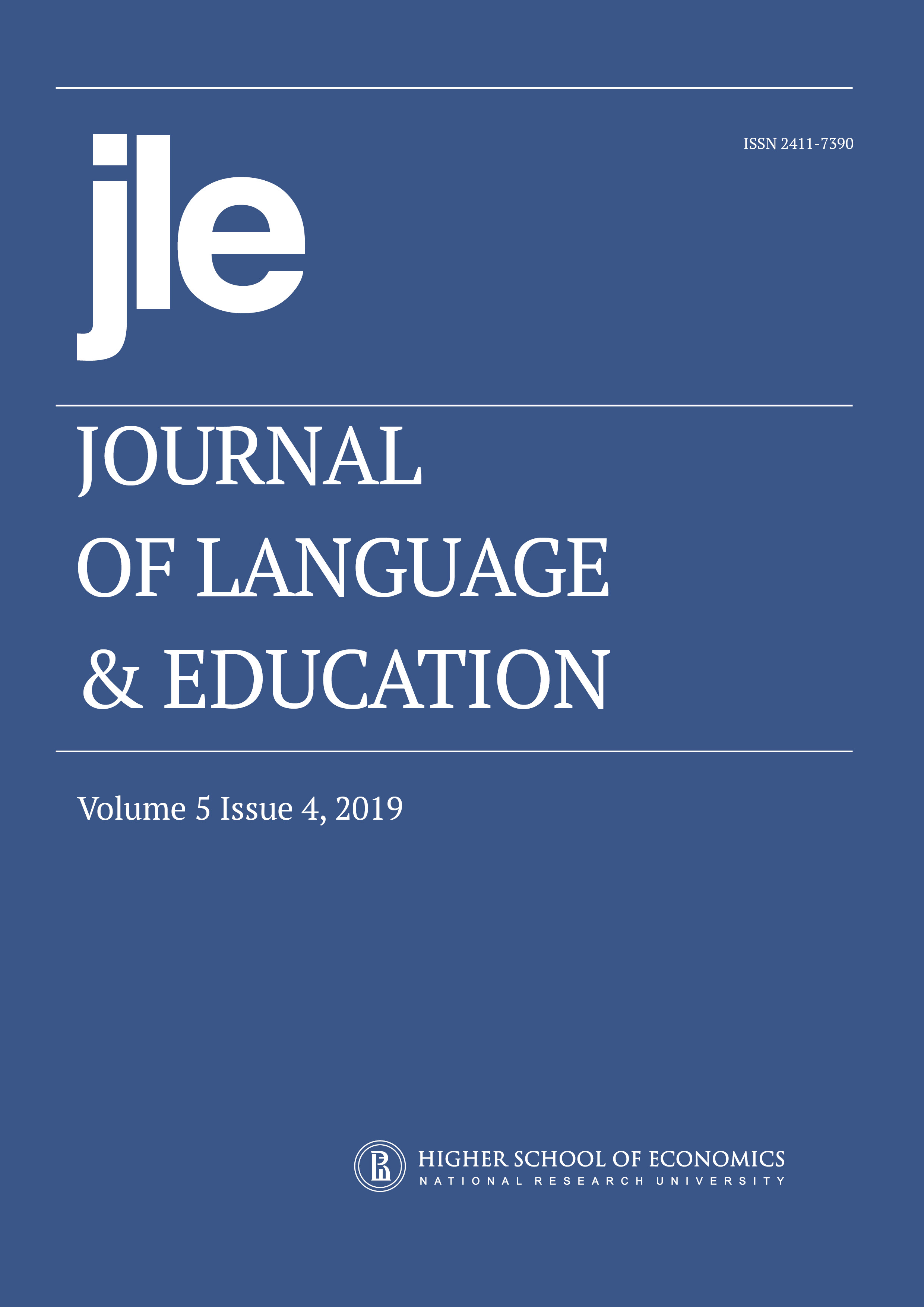The Plasticity of Students’ Language Learning Beliefs: The Interplay of Gender, Grade and Educational Level
Abstract
Understanding learners’ epistemological beliefs as one of the core segments underlying one’s learning experience is of cardinal importance both from the point of conveying as well as acquiring new knowledge. In English language teaching studying language learning beliefs has aroused a widespread research interest, with its genesis found in the seminal paper by Horwitz (1987), whose instrument (BALLI) was employed to collect the data in the present paper. In the under-researched context of Bosnia and Herzegovina the current study explores language learning beliefs of 233 elementary school and university students, taking into account the main and interaction effect of three factors: gender, grade and educational level. Through ANOVA and MANOVA statistical analyses, the results revealed an insignificant main effect of gender and grade on the BALLI while the latter significantly affected one of the subscales. Conversely, educational level demonstrated a significant main effect on both the BALLI and one subscale. Most importantly, the study showed interesting interplay of the three factors on the shaping of learners’ stances. These findings bring a significant realization of the complexity of the beliefs as well as their ever-changing nature with relevant pedagogical implications for the field of second language acquisition.
Downloads
Copyright (c) 2019 National Research University Higher School of Economics

This work is licensed under a Creative Commons Attribution 4.0 International License.
Authors who publish with this journal agree to the Copyright Notice.



